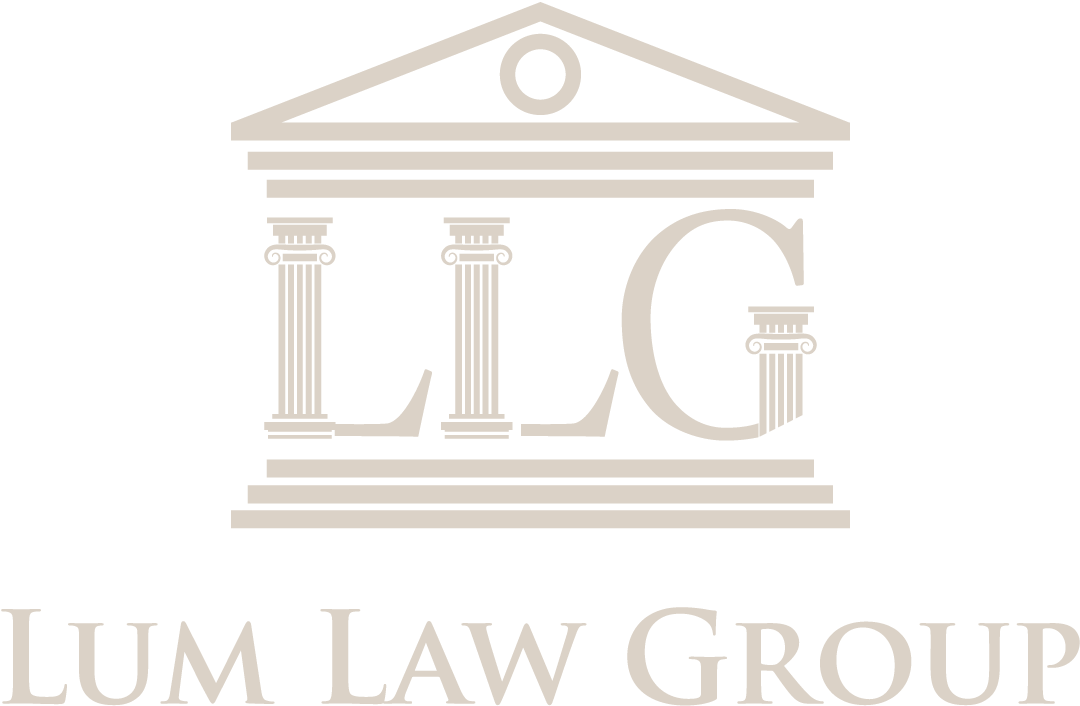Who and what is exempt from the new Public Charge rule?
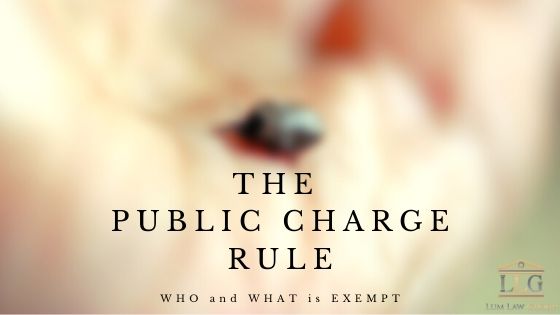
On Monday, February 24, 2020, the new United States Citizenship and Immigration Services (USCIS) Public Charge rule goes into effect. While we’ve written about it in-depth before, we would like to assure our readers which services and benefits are exempt from the rule, and who the rule does not affect. This article serves to clearly […]
What is the new Public Charge Form I-944 Declaration of Self-Sufficiency?
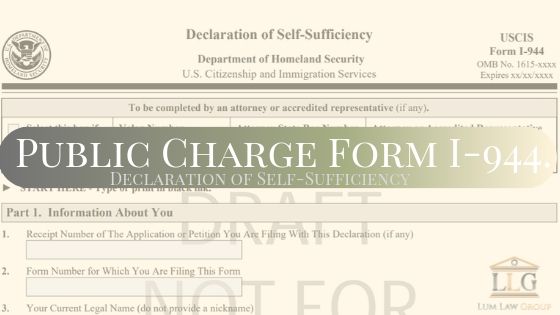
After finalizing the new Public Charge of Inadmissibility rule, United States Immigration and Citizenship Services (USCIS) has announced that new green card applicants will be required to file a “declaration of self-sufficiency”. The not-yet-released Form I-944 is an additional requirement for all Form I-485 Application to Register Permanent Residence or Adjust Status submissions starting October […]
What does it mean to “sponsor” an immigrant with an Affidavit of Support?
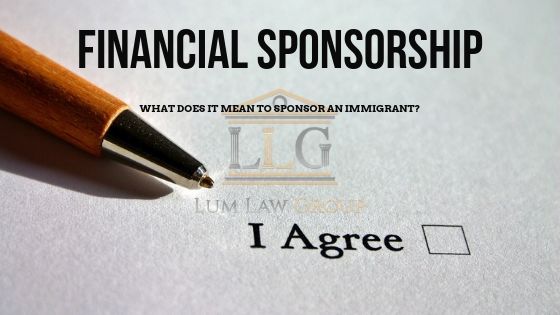
In applying for legal immigration status, there are so many forms and formalities that are necessary that we often get in the habit of just verifying basic information and signing on the dotted line. However, if you’ve been asked to “sponsor” someone, whether a family member, distant relative, or community member, you should know what […]
What does “Public Charge” mean and how does it affect me?
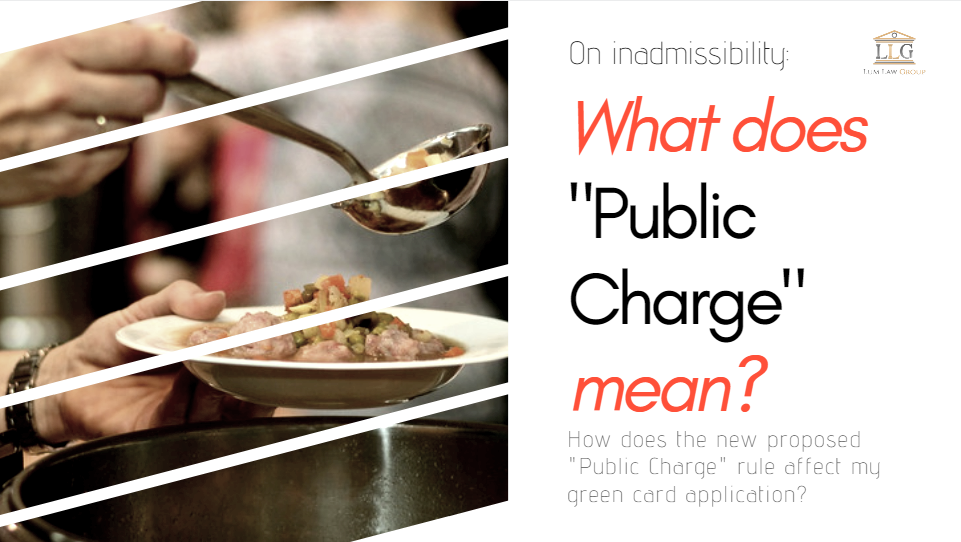
We have noticed conflicting information regarding the recent proposed changes to the existing public charge inadmissibility grounds. To read the actual notice published on October 10, 2018, the Notice of Proposed Rulemaking, from United States Citizenship & Immigration Services (USCIS), please click here. We hope this article will clarify the key questions our clients ask us […]
